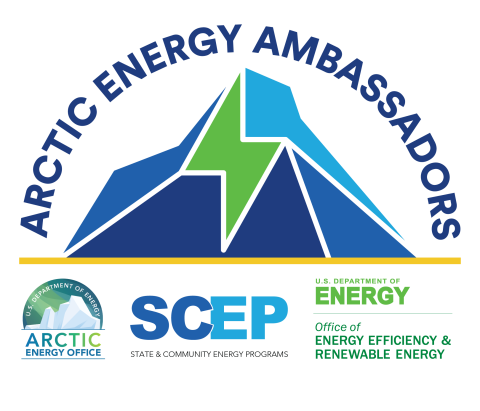
The Arctic Energy Ambassadors program will provide training and support to develop regional energy leadership in the state, driving community-lead energy projects and support clean energy transitions in their communities.

Learn about how the Grid Resilience and Innovation Partnerships Program Selections will mean more reliable electric service, good-paying union jobs, and increased resilience against growing climate threats.
DOE announced $38 million in funding for 13 projects aimed at advancing clean energy technology deployment in American Indian and Alaska Native communities, in support of President Biden’s Investing in America agenda.
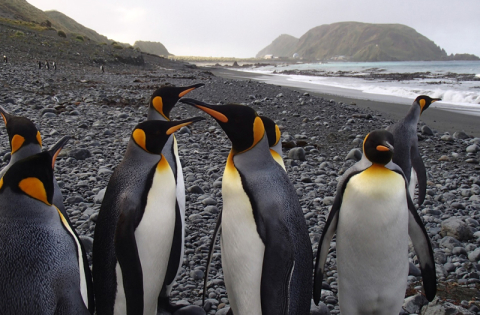
Scientists working on atmospheric research campaigns have opportunities to collect data and have experiences available nowhere else.
Meet some of Nondalton, Alaska's 130 residents who are working to make the village flourish as they are deeply connected to the culture and tradition of the Dena'ina people.
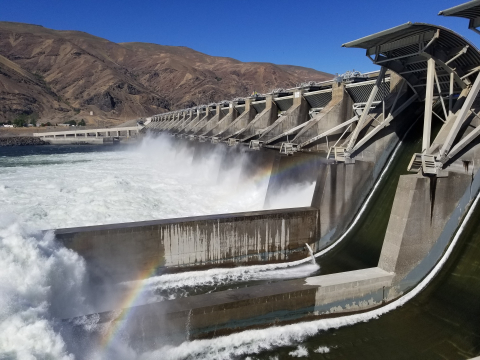
Hydropower is an unwavering partner that can help make sure the power grid is clean, reliable, and resilient. This National Hydropower Day, the Water Power Technologies Office highlights why hydropower is key to a dependable clean energy future.
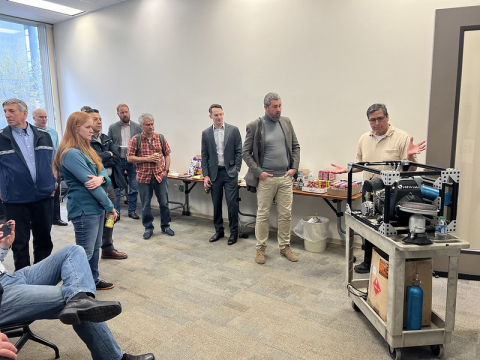
The Alaska Hydrogen Working Group is a collaboration of industry experts, academics, policy makers, and government officials who are deeply invested in the technology and economic developments related to all things hydrogen.
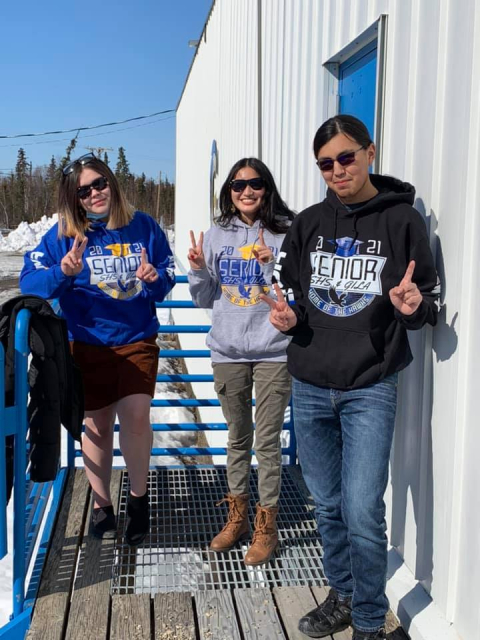
The story of Sustainable Energy for Galena, Alaska (SEGA), one of 67 awardees of the U.S. Department of Energy’s Energizing Rural Communities Prize’s phase one, was born from the energy needs of their busy school system.

Researchers on the Snow ALbedo eVOlution (SALVO) field campaign are measuring snow depth, solar radiation, and more in the Arctic.

Through collaborative initiatives, research partnerships, and knowledge exchange, the U.S. Department of Energy (DOE) is playing a pivotal role in advancing sustainable energy solutions in this unique and sensitive ecosystem.

